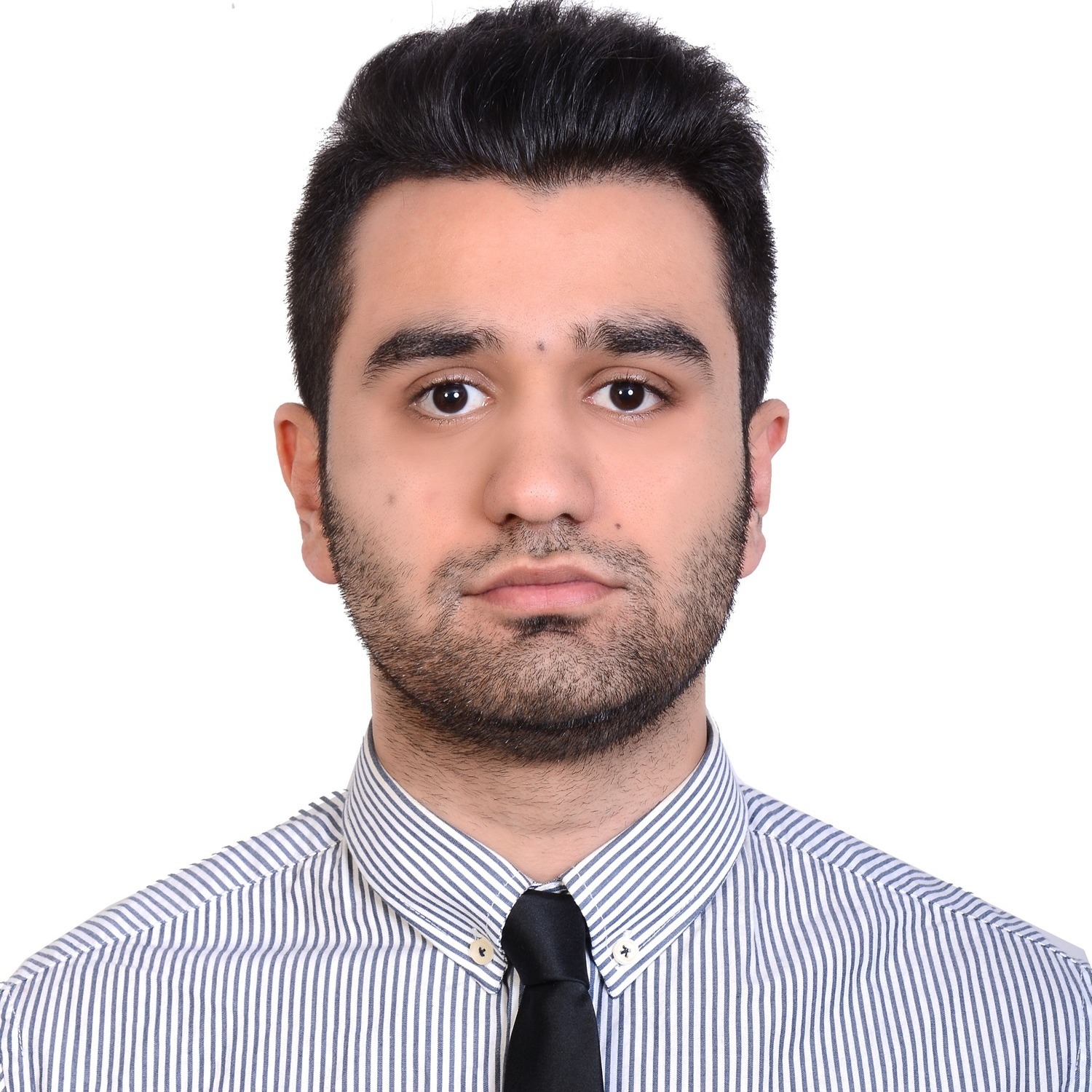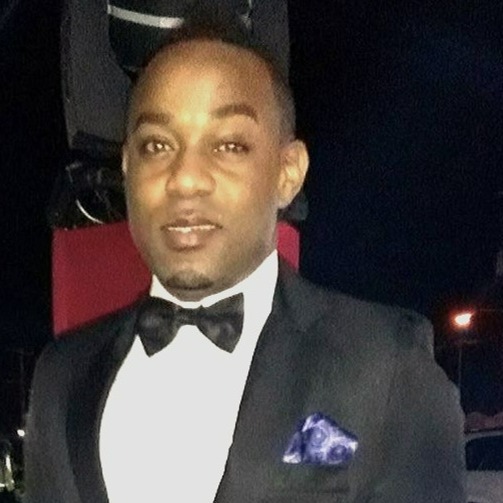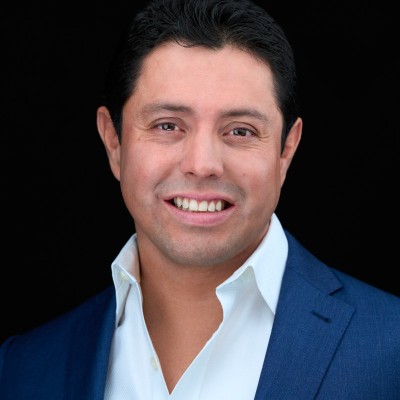International Mediation Campus provides services and training in mediation and conflict resolution internationally.
Contact Us
- International Mediation Online Training
- welcome@im-campus.com
- +49 163 289 200 0
- Free Video Call Appointment
Only a few places left! REGISTER TODAY for our internationally accredited Course in Mediation.



She co-founded the first family mediation service in the UK in 1978 and was a founder member of the European Forum on Family Mediation and World Mediation Forum. Lisa has taken part in conferences and family mediation training in many countries including Argentina, Canada, Finland, Hong Kong, Italy, Kazakhstan, Russia, Spain and Portugal, Turkey and Ukraine. She is co-founder and a Vice President of the Family Mediators Association in England and Wales. The 4th English edition of her book, Family Mediation, was published in 2020, with editions in seven other languages. Lisa trains accredited family mediators in child-inclusive mediation (ChiM) and takes part in research in this developing field.
The Report of the Family Solutions Group, What About Me? A Child’s Right to Matter was launched in November 2023 with a reception at the House of Commons. Members of the UK Youth Parliament spoke strongly about wanting to have their views heard and taken into account when arrangements are made for them. The UN Convention on the Rights of the Child 1989 recognises the child’s right to be heard and the Brussels II Regulation (March 2005) upholds this right in European Member States. But recognition of the child’s right to be heard does not mean the child will be heard in practice. Court-appointed advisers do not always speak with the child and if they do, the child’s words may be disregarded. Children are rarely included in mediation because parents fear that including them would make the child more aware of the conflict and more anxious, while mediators may not feel confident or qualified to talk with children. Consequently, children continue to be left on the side-lines. Since 2017, new requirements in England and Wales and additional training for family mediators have resulted in more children and young people taking part in mediation. Children say this helps them to feel better and research studies show that talking with a qualified family mediator benefits children’s mental health. Children’s messages for their parents reduce conflict and encourage agreement. Young people show far more insight and understanding than adults generally expect.
Mediators spend a lot of time asking questions rather than providing answers because the aim is to help participants work out their answers and decisions.
Researchers in the US found that skilled questioning by mediators was associated with positive outcomes, whereas mediations that failed were associated with inadequate questioning techniques. Kressel and colleagues found that skilled mediators organised their questions in a structure like a pyramid, with broader information-gathering questions at the base, leading up to narrower questions towards the top.
When conflict continues between separated parents, co-parenting may be difficult or impossible, because of ongoing arguments or breakdown in communication.
Mediation enables separated parents to talk with a mediator, separately and/or together, in person or online, to work out arrangements for their children that fake account of their children’s needs and feelings.
Some couples co-parent separately, with little direct contact, transferring their children between them on a fixed schedule.
Others co-parent jointly with flexible arrangements, attending special events together with their children. Each family is unique and mediation needs to be a flexible, tailor-made process, not a standard procedure, to help parents and children manage different sets of circumstances and difficult transitions. Couple relationships can end, but parenting needs to continue.

Picture by Association of Family and Conciliation Courts
When parents split up, children are often left on the side-lines. Some parents fight for sole custody and control, while others believe they protect their children from distress by not talking to them about separation or divorce. But children understand far more than adults imagine. Under the UN Convention on the Rights of the Child 1989, children of sufficient age and maturity have the right to be consulted on decisions that affect their lives and express their own views and wishes. When children and young people are asked whether they want be heard, the overwhelming majority want to talk and be listened to, but they do not know where to turn.
Accredited family mediators with additional training in talking with children and young people whose parents are taking part in mediation offer them opportunities to talk with a professional safely and in confidence, except where a child is in need of safeguarding. A key finding by researchers at the University of Exeter is that ‘having your voice heard as a young person in parental mediation is empowering and cathartic, bringing mental health and well-being benefits’ (University of Exeter Report and Key Findings, March 2022).
ChiM – children in mediation – is a carefully staged process that may be arranged in different ways according to the family’s circumstances and culture, the age of the child and other considerations. This webinar will consider the pre-conditions for offering ChiM, such as joint parental consent, and discuss experience and outcomes in practice, quoting feedback from young people and their parents.





Experiences with our training to become a mediator
Our participants have various professional und cultural backgrounds. After the successful completion of your training, you can be part of our huge IMC Fellows network meeting former participants from different working fields such as UN negotiators, NGO, WHO, judges of supreme courts, psychologists and more. Be ready for a very active and unique network of people based in more than 70 countries.


























You need to load content from reCAPTCHA to submit the form. Please note that doing so will share data with third-party providers.
More InformationYou need to load content from reCAPTCHA to submit the form. Please note that doing so will share data with third-party providers.
More Information